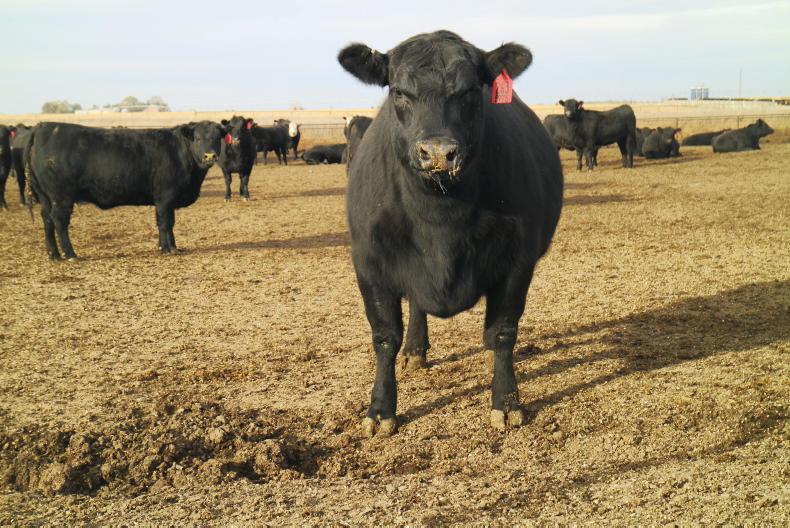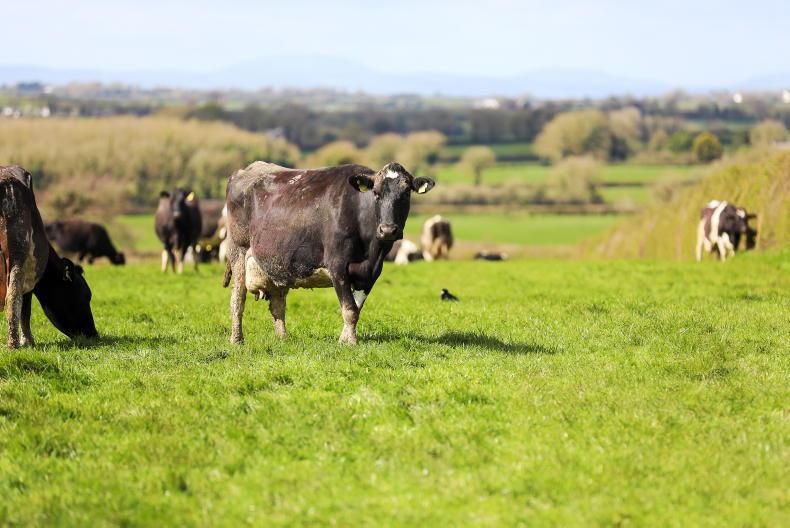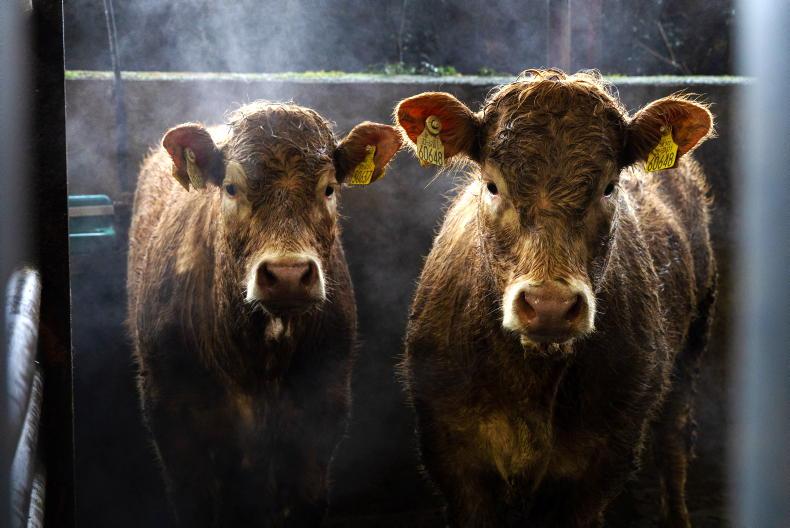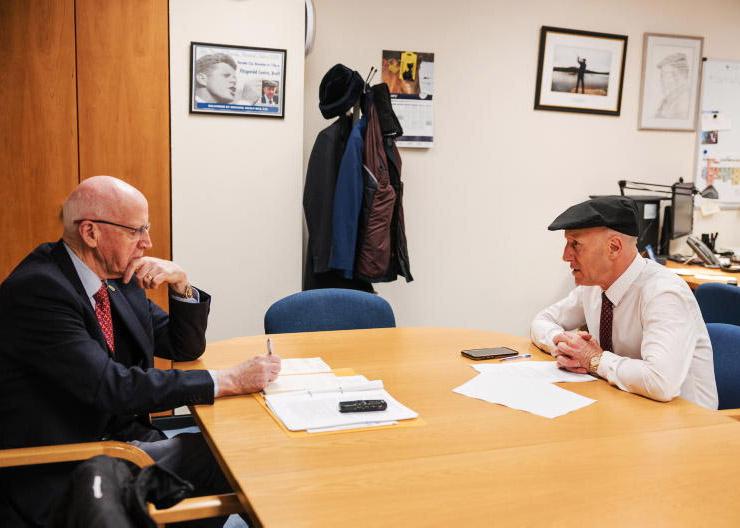I listened attentively to Teagasc director Gerry Boyle’s interview on RTÉ Radio’s Countrywide last Saturday morning.
A number of Prof Boyle’s points resonated strongly.
His comments on forestry received most coverage when he asserted that the obligation to replant was putting people off planting suitable land with trees.
I have no doubt he is right. As we have pointed out before in the Irish Farmers Journal, the Fine Gael manifesto coming up to the last general election promised the abolition of the compulsory replanting rule but then, once in power, the commitment was inexplicably dumped.
Prof Boyle’s comments on the relative profitability of dairying versus suckling and beef in general were telling.
The basic arithmetic is crystal clear – a 6,000-litre cow at 30c/l is producing a basic €1,800/year per livestock unit.
In an Irish spring-calving system, the bulk of the production is coming off grass, making a variety of storable, long shelf-life products from butter to hard cheeses to powders.
The large open spaces in Brazil and Australia allow weanlings to be produced with little housing or wintering feed costs for the cow
In most of the beef systems, the final finishing stage is using more meal than the dairy cow with a much smaller monetary output per head.
So we have a situation where Brazil is producing beef at little more than half our cost, while its milk prices are higher than ours. But the core reason for the huge divergence in profitability is the cost of producing the weanling.
The large open spaces in Brazil and Australia allow weanlings to be produced with little housing or wintering feed costs for the cow.
Ireland and Europe will not, in the foreseeable future, be competitive with these extensive low-cost systems.
Most of Europe has specific measures to safeguard a basic suckler herd. Irish policymakers have up to now recognised the necessity for ongoing support to the suckler herd but the clear impression is that this support is waning.
It is up to the broad beef industry to mount a persuasive campaign as to why politicians should change their minds.
So far, this campaign has been missing even though the conversion of low-value fibre to high-quality protein and the greenhouse gas mitigation possibilities are all plusses for the sector as well as the dispersed regional activity.
Read more
'Alternatives' to sucklers needed – Boyle
Public submissions sought on future of beef farming
I listened attentively to Teagasc director Gerry Boyle’s interview on RTÉ Radio’s Countrywide last Saturday morning.
A number of Prof Boyle’s points resonated strongly.
His comments on forestry received most coverage when he asserted that the obligation to replant was putting people off planting suitable land with trees.
I have no doubt he is right. As we have pointed out before in the Irish Farmers Journal, the Fine Gael manifesto coming up to the last general election promised the abolition of the compulsory replanting rule but then, once in power, the commitment was inexplicably dumped.
Prof Boyle’s comments on the relative profitability of dairying versus suckling and beef in general were telling.
The basic arithmetic is crystal clear – a 6,000-litre cow at 30c/l is producing a basic €1,800/year per livestock unit.
In an Irish spring-calving system, the bulk of the production is coming off grass, making a variety of storable, long shelf-life products from butter to hard cheeses to powders.
The large open spaces in Brazil and Australia allow weanlings to be produced with little housing or wintering feed costs for the cow
In most of the beef systems, the final finishing stage is using more meal than the dairy cow with a much smaller monetary output per head.
So we have a situation where Brazil is producing beef at little more than half our cost, while its milk prices are higher than ours. But the core reason for the huge divergence in profitability is the cost of producing the weanling.
The large open spaces in Brazil and Australia allow weanlings to be produced with little housing or wintering feed costs for the cow.
Ireland and Europe will not, in the foreseeable future, be competitive with these extensive low-cost systems.
Most of Europe has specific measures to safeguard a basic suckler herd. Irish policymakers have up to now recognised the necessity for ongoing support to the suckler herd but the clear impression is that this support is waning.
It is up to the broad beef industry to mount a persuasive campaign as to why politicians should change their minds.
So far, this campaign has been missing even though the conversion of low-value fibre to high-quality protein and the greenhouse gas mitigation possibilities are all plusses for the sector as well as the dispersed regional activity.
Read more
'Alternatives' to sucklers needed – Boyle
Public submissions sought on future of beef farming









SHARING OPTIONS